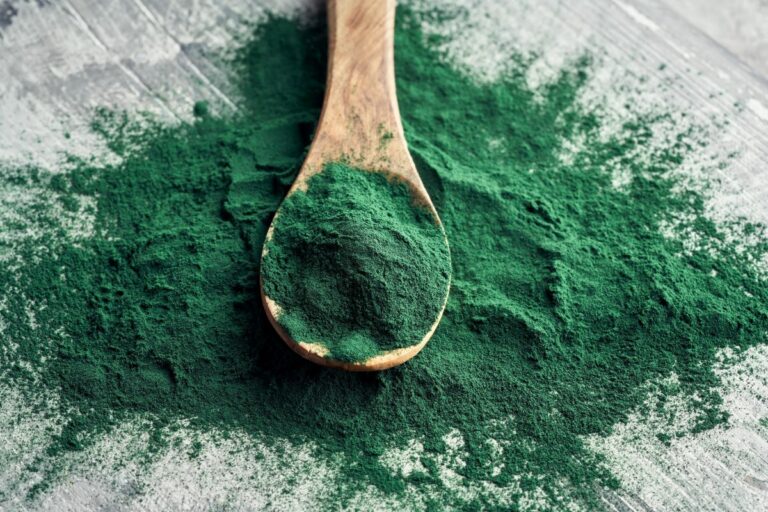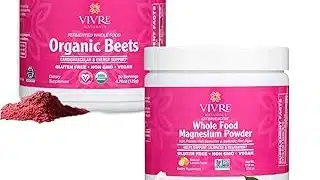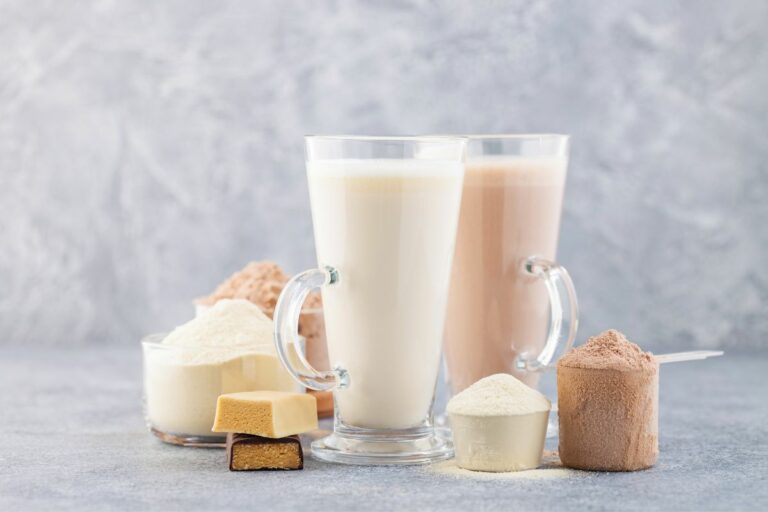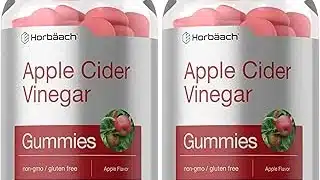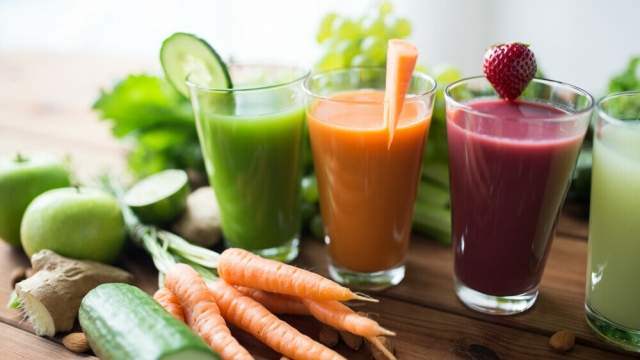Protein Shakes For Individuals With Dietary Restrictions (Gluten-Free, Lactose-Free, Etc.)
Protein shakes are a great way to improve and support your post-workout recovery but not all protein shakes are the same and they are not suitable for everyone.
Some people have to follow strict dietary restrictions and this means that they can’t pick just any protein shake from the shelf.
If you have dietary restrictions and you are not sure if you can or cannot drink protein shakes, this is the place for you.
Here, we are going to be answering your questions on dietary restrictions and protein shakes so you can work out if there is an appropriate type of protein shake out there for you.
Check out the information below and good luck!
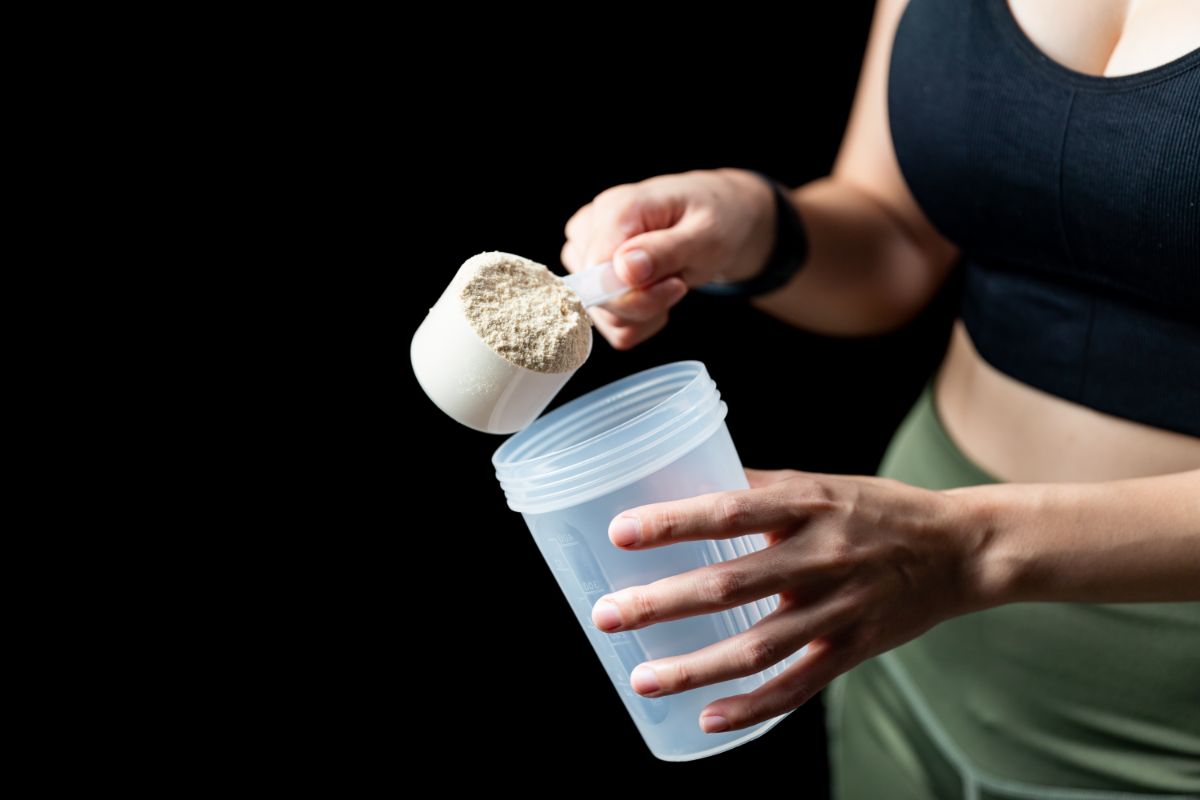
Gluten-Free Protein Shakes
There are lots of reasons why someone may choose to go gluten-free when it comes to their diet.
Some people suffer from coeliac disease, which causes your immune system to attack your own body whenever you consume gluten, and this can lead to some nasty symptoms like indigestion and diarrhea.
Alternatively, some people choose to go gluten-free to try and improve their health and lose weight.
Luckily, most protein shakes are already gluten-free. Even plant-based protein powders that use pea protein, rice protein, or soy protein are free from gluten.
This means that most protein shakes and smoothies are already suitable for those who are following a strict gluten-free diet.
Things are a little more difficult when purchasing pre-made protein shakes. Manufacturers may add gluten or ingredients that contain gluten for flavor.
Because of this, it’s safer for you to make your own protein shakes using your own gluten-free ingredients.
Lactose-Free Protein Shakes
One of the biggest concerns when it comes to dietary restrictions and protein shakes is lactose.
Lactose is a sugar that is present in milk, or more specifically milk that is sourced from mammary glands.
So, lactose can only be found in cow or goat’s milk and dairy products used with these ingredients.
Most protein powders derive their proteins from dairy products like milk or eggs. The most popular type of protein powder is whey protein powder, which is made using cow’s milk.
Although the filtering process it takes to draw the proteins out of the cow’s milk also filters out much of the lactose, it’s not a completely perfect process.
This means that whey protein powder (and as a result, whey protein shakes) may contain traces of lactose.
This makes them unsuitable for those who suffer from lactose intolerance.
A good alternative to whey protein powder for those with lactose intolerance is egg protein powders. Eggs are dairy products but they don’t contain lactose.
This makes them the closest alternative to whey protein powder without actually containing any lactose – so it’s perfect for those with an intolerance to lactose!
Other good alternatives include plant-based protein powders like pea protein powders, hemp protein powders, rice protein powders, and soy protein powders.
As for the rest of the protein shake, it’s easy to find and make your own lactose-free protein shake using a lactose-free milk substitute.
This includes oat milk, almond milk, soya milk, and coconut milk.
Soy-Free Protein Shakes
Another common allergy that can restrict what protein shakes you can and cannot drink is a soy allergy.
Soy is a complete protein derived from soybeans. You can get soy protein powders but obviously, these are not safe for people with an allergy to soy.
However, things get tricky when trying to find an alternative protein powder to soy protein powder. This is because a lot of protein powders (especially whey) use soy lecithin as a thickening agent.
According to food allergy studies, soy lecithin does not contain sufficient enough soy proteins to cause reactions in consumers – but for some very sensitive consumers, it may just be enough.
Because of this, you need to carefully check the ingredients of your protein powder for any soy lecithin.
Because it’s vegan and very affordable for manufacturers, it’s present in a lot of different protein powders. You just need to find the right brand and make sure they don’t change their recipe!
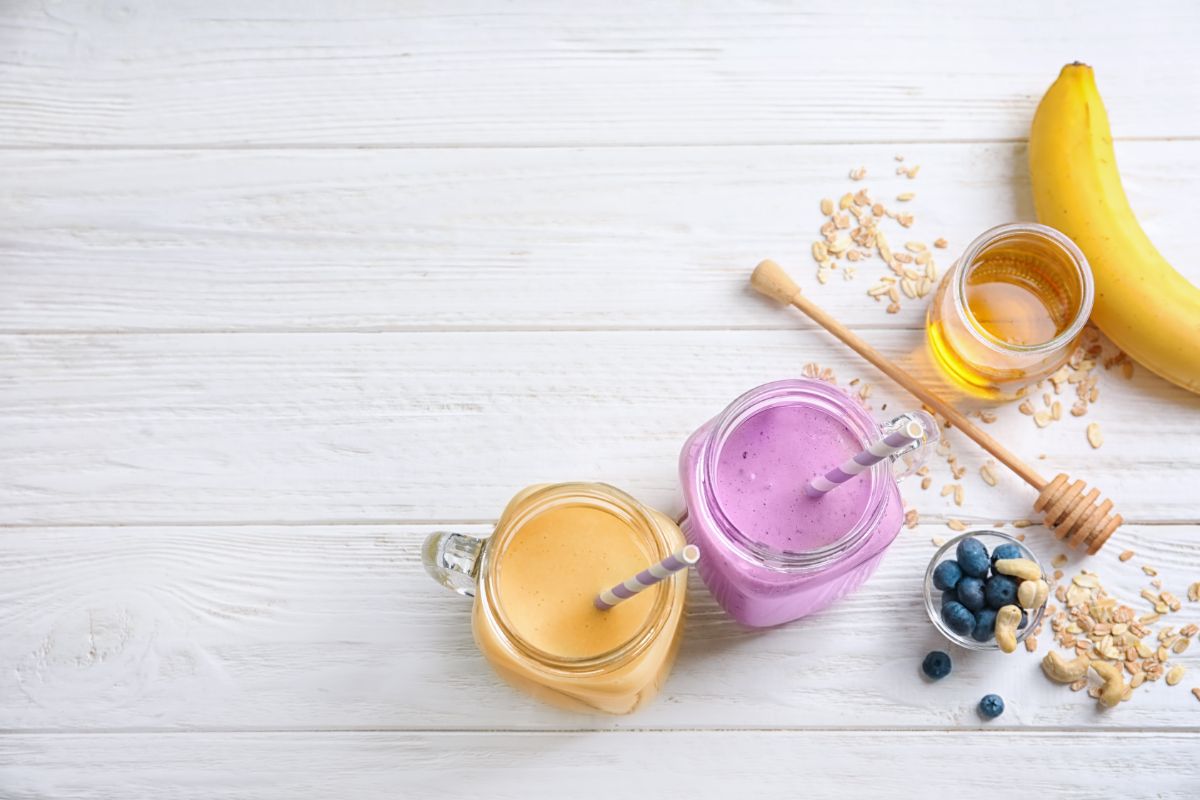
Vegan Protein Shakes
In a similar vein to lactose-free protein shakes, we have vegan protein shakes.
Being vegan means that you avoid animal-derived products. This goes beyond meat and also includes products like cow’s milk, eggs, and more.
As a result, both whey and egg protein powders are not vegan-friendly as both source their protein from animal products.
A lot of vegans wrongly assume that all lactose-free protein powders are vegan friendly but this is not the case.
Instead, vegans should look for protein powders that source their protein from plant sources like peas, hemp, rice, or soy. These are completely dairy-free protein powders that are suitable for the vegan diet.
If you are purchasing a pre-made protein shake, always look for clear labeling that the drink is vegan.
This is because some protein shakes may use a vegan-friendly protein powder but add non-vegan ingredients for flavor and taste.
Again, don’t just look for dairy-free protein shakes – vegans need to find shakes that are specifically labeled as vegan.
Keto Protein Shakes
The keto diet is all about avoiding carbs and sugar and instead, loading yourself with fat to force your body into a state of ketosis.
Then, your body will burn fat instead of glucose as its main source of energy – but those on a keto diet need to follow some really strict guidelines for this diet to work.
Luckily, the keto diet does allow protein shakes but you need to make careful choices when it comes to the ingredients you use to mix with your protein powders.
Some types of milk contain higher levels of carbohydrates which makes them unsuitable for keto-friendly protein shakes.
Try to avoid milk like oat milk, rice milk, and cow’s milk. Instead, opt for keto-friendly milk like almond milk and coconut milk to make your protein shake.
Explore Also:
Creativehouseblog
Dietsheriff
Gigasecurehome
Final Thoughts
So, there’s a protein shake out there for everybody, no matter your dietary restrictions and requirements.
It’s just a matter of finding the right powder and the right liquid to build your protein shake.
We hope the guidance above has helped you out and now, you are able to go out there and build your own protein shake that meets your dietary needs!
Frequently Asked Questions
What Are The Signs Of Lactose Intolerance?
Lactose intolerance can develop very quickly and suddenly, especially if your small intestine has suffered damage through infections, surgery, or any kind of injury.
If you are suddenly having a bad reaction to your protein shakes, it could be a sign of lactose intolerance.
The key symptoms of lactose intolerance are:
- Stomach pain or discomfort
- Bloating
- Constipation or diarrhea
- Sickness and nausea
- Flatulence
Can You Make Protein Shakes With Water?
Most people use a type of milk to mix and build their protein shakes.
However, if your dietary restrictions mean that you cannot find suitable milk for your protein shake, then water is a good alternative.
Most protein shakes actually dissolve better in water than in milk but the end result is a very thin shake that is not as appetizing as a traditional milk-based protein shake.
Despite this, you can use water to make your protein shakes if it better fits your dietary needs and your personal preferences.

